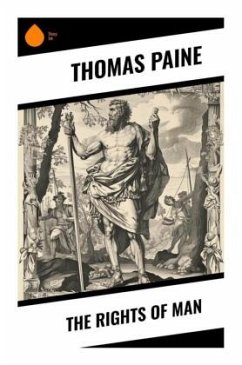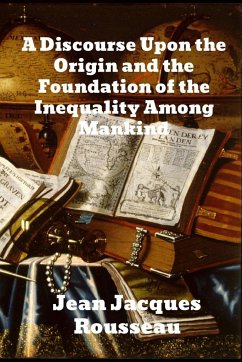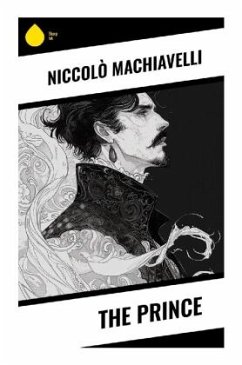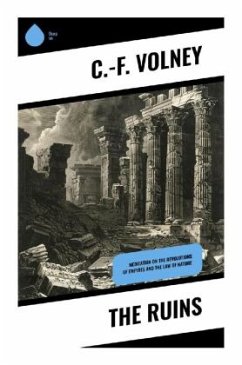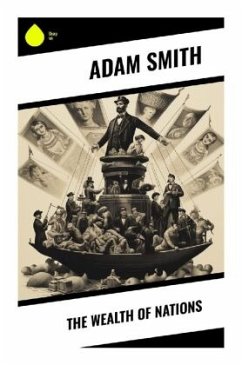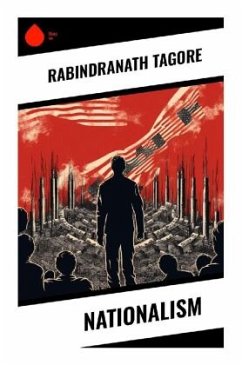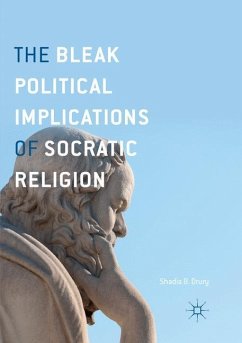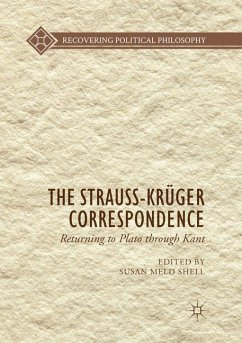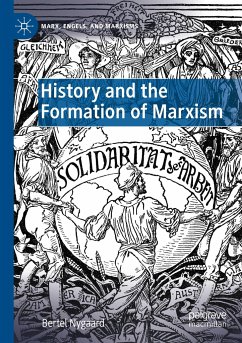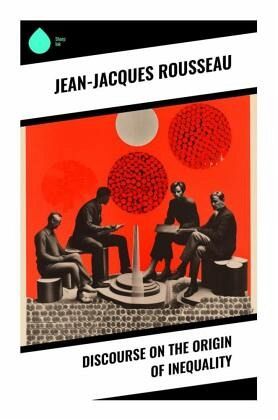
Discourse on the Origin of Inequality
Versandkostenfrei!
Versandfertig in 6-10 Tagen
7,80 €
inkl. MwSt.

PAYBACK Punkte
0 °P sammeln!
In "Discourse on the Origin of Inequality," Jean-Jacques Rousseau presents a profound examination of the social and moral implications of human development, exploring the evolution of humanity from its natural state to the complex inequalities present in contemporary society. Utilizing a blend of philosophical inquiry and historical analysis, Rousseau critically interrogates the societal constructs that have arisen from civilization, positing that inequality is not a natural condition but rather a product of social conventions. His eloquent prose and compelling arguments challenge the reader t...
In "Discourse on the Origin of Inequality," Jean-Jacques Rousseau presents a profound examination of the social and moral implications of human development, exploring the evolution of humanity from its natural state to the complex inequalities present in contemporary society. Utilizing a blend of philosophical inquiry and historical analysis, Rousseau critically interrogates the societal constructs that have arisen from civilization, positing that inequality is not a natural condition but rather a product of social conventions. His eloquent prose and compelling arguments challenge the reader to reconsider the essence of human nature and the foundations of societal organization, making this work a cornerstone of Enlightenment thought. Rousseau, a prominent philosopher of the 18th century, drew on his experiences of societal disillusionment and personal exile, which deeply influenced his reflections on inequality. His life was marked by a tension between his ideals of natural freedom and the realities of a hierarchical society, leading him to explore themes of authenticity, morality, and social justice. As a radical thinker of his time, Rousseau's insights foreshadowed later developments in political theory and social philosophy. This seminal text is essential reading for anyone interested in the dynamics of power, equity, and the philosophical underpinnings of modern democratic ideals. Rousseau's captivating discourse not only stimulates critical thought but also encourages readers to engage with enduring questions about human nature and societal values.



